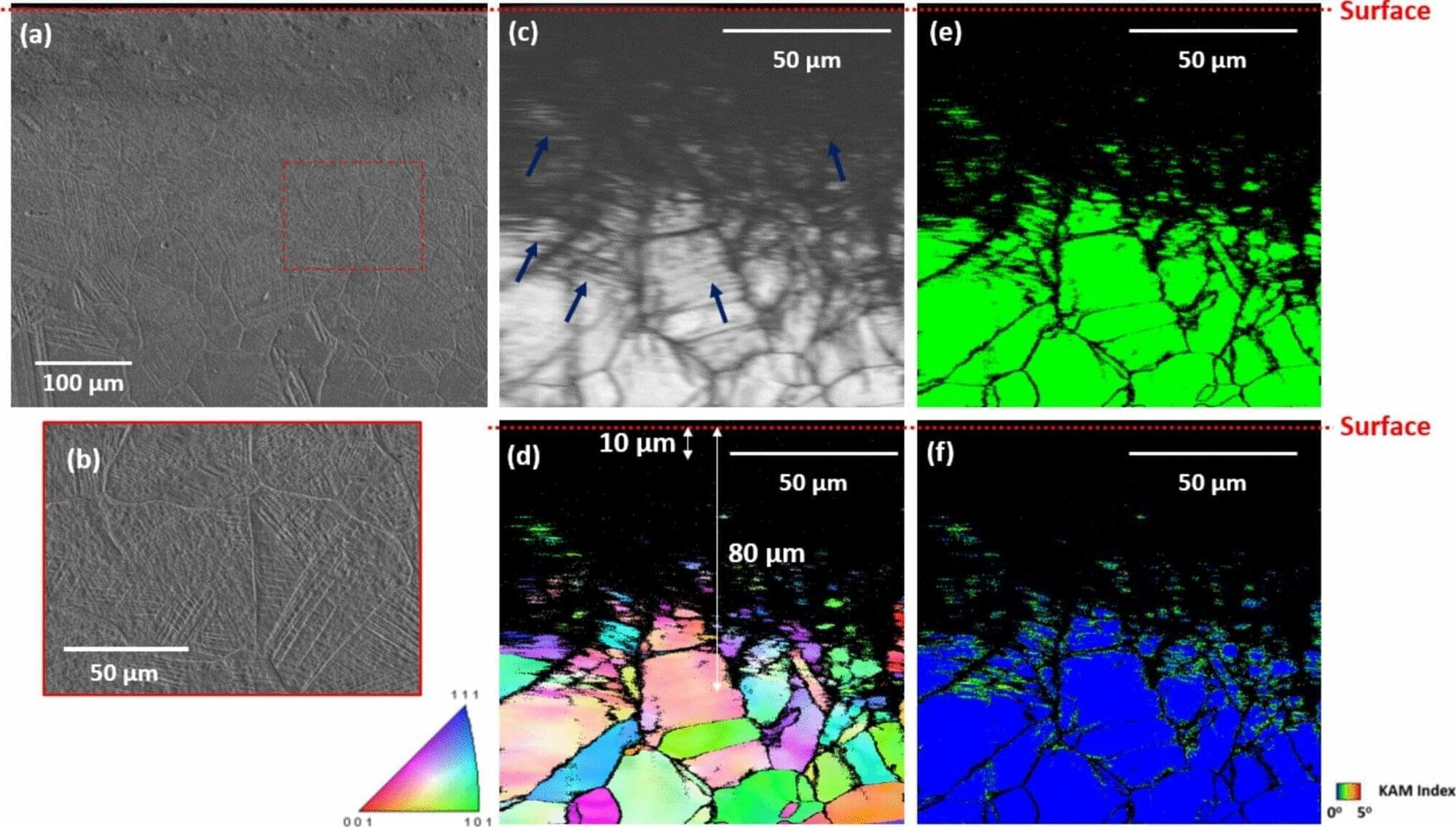Found in everything from kitchen appliances to sustainable energy infrastructure, stainless steels are used extensively due to their excellent corrosion (rusting) resistance. They’re an important material in many industries, including manufacturing, transportation, oil and gas, nuclear power and chemical processing.
However, stainless steels can undergo a process called sensitization when subjected to a certain range of high temperatures—like during welding—and this substantially deteriorates their corrosion resistance. Left unchecked, corrosion can lead to cracking and structural failure.
“This is a major problem for stainless steels,” says Kumar Sridharan, a professor of nuclear engineering and engineering physics and materials science and engineering at the University of Wisconsin–Madison. “When stainless steel gets corroded, components need to be replaced or remediated. This is an expensive process and causes extended downtime in industry.”
